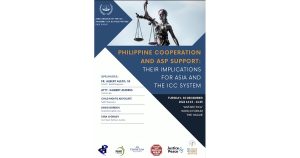It is with great sadness that we learnt of Alia Abdel Nour’s death. She passed away on 4th May 2019 after spending years in prison, being denied a fair trial and adequate healthcare.
Alia, a citizen of the United Arab Emirates, was arrested in 2015 without charges by state security forces and held incommunicado for months. She was deprived of any external contact and communication with her family while being detained in inhuman and degrading conditions that caused the deterioration of her health. As her family reported, she was forced to sign a confession without being allowed to read it, on the basis of which she was sentenced to over 10 years in prison for terrorism, mainly based on evidence of her financial support to Syrian people following the outbreak of the civil war in the country, depicted as support to terrorists abroad.
Soon after her arrest, Alia was diagnosed with cancer. Emirati law provides for the compassionate release of prisoners on health grounds and for unimpeded access of family members to terminal detainees. Despite this, UAE authorities ignored the calls for her release coming from international organizations and dismissed the repeated requests of her doctors and lawyers. Moreover, access to necessary treatment was denied, on the grounds that she refused to be treated.
Only when it was too late, she was hospitalized, being provided mere palliative care. She died chained to her hospital bed, in a condition that does not differ much from that of a prison cell. The denial of medical treatment and the refusal to release her due to her terminal illness were both in violation of international and domestic law.




